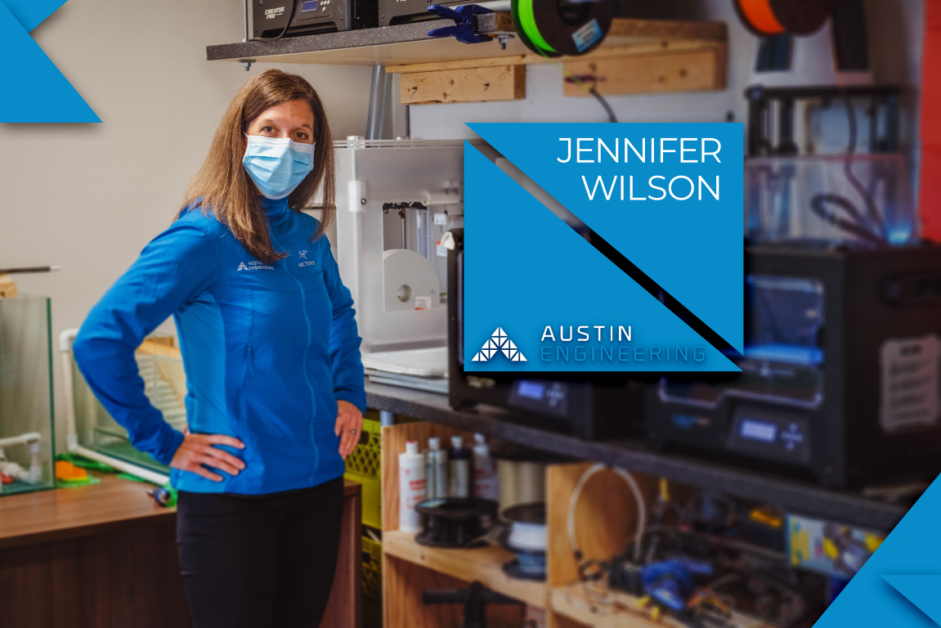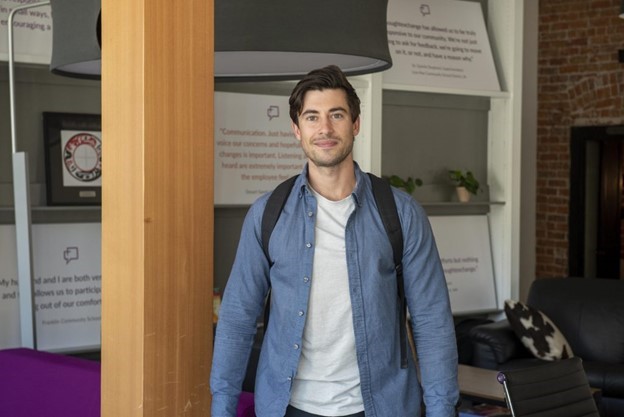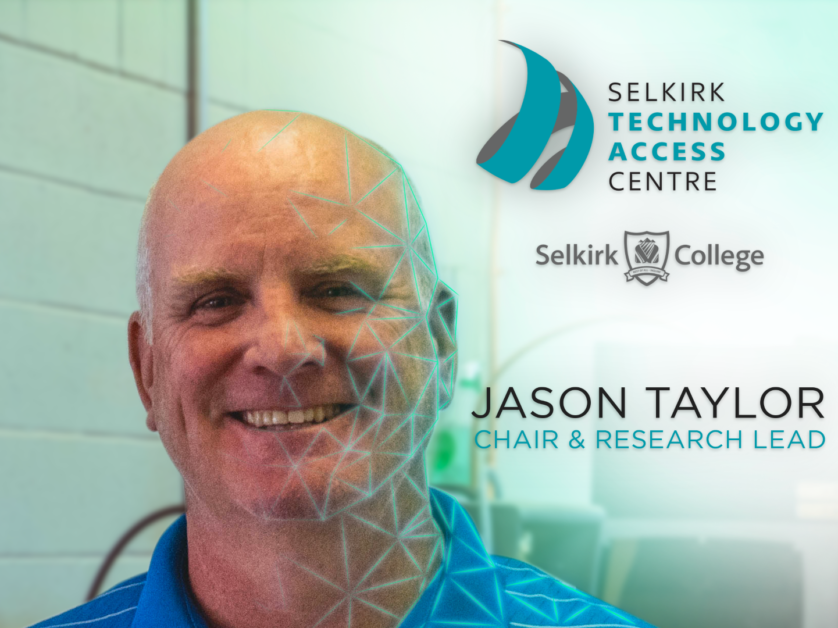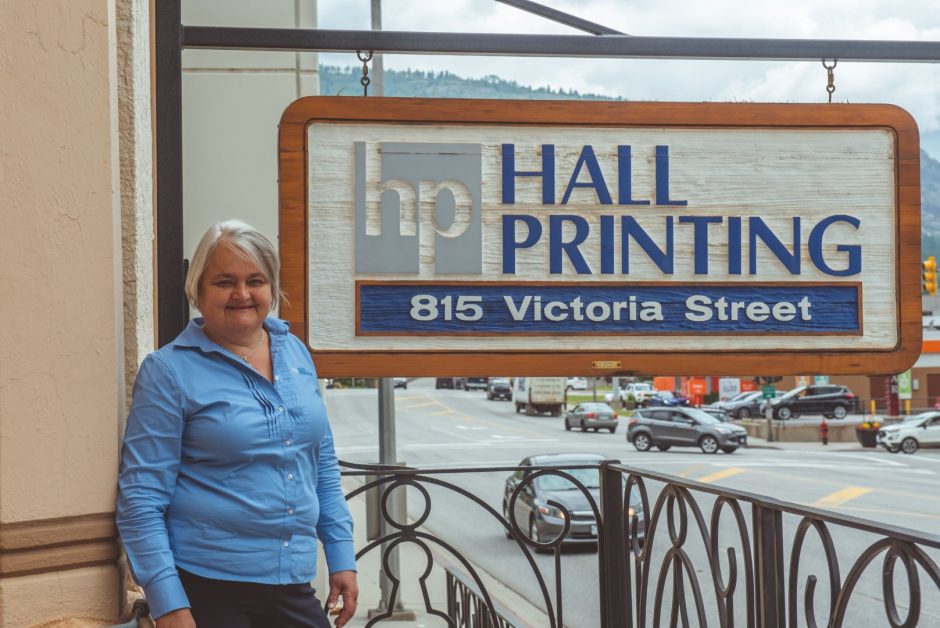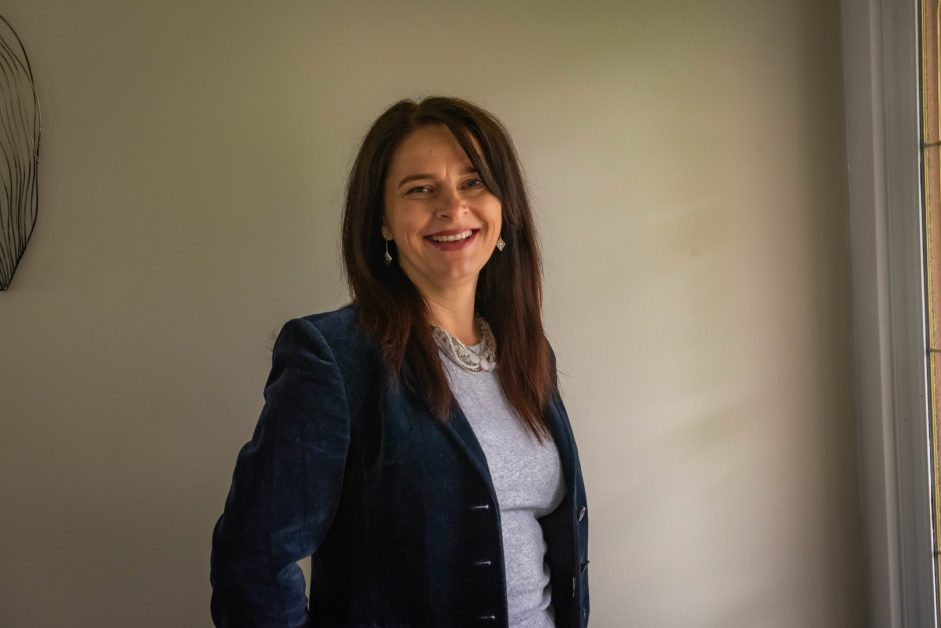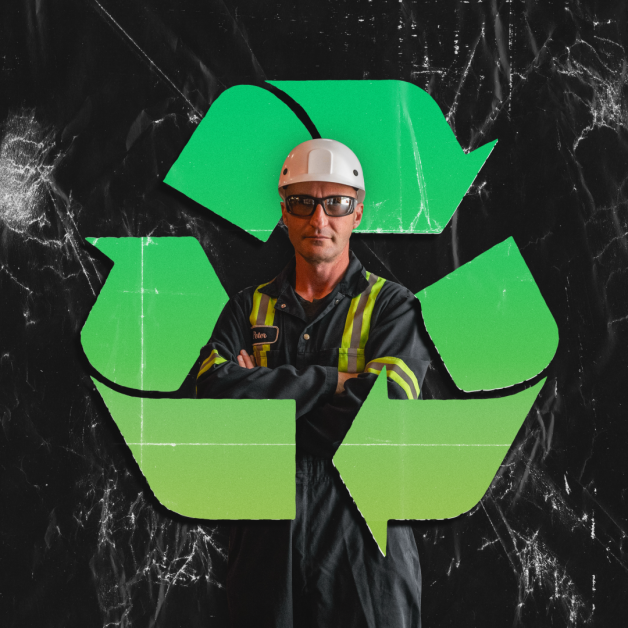If you put a question out into the universe, you’ll often get your answer in the most unassuming way. That was the case for Jessica Nordlander; a technology executive with an MSc in Applied IT who came across Thoughtexchange while casually touring Rossland on a trip to find a Canadian home. Her desire to innovate leadership has landed her as Chief Operating Officer at the software company headquartered in Metal Tech Alley, which also happens to be home to two ski resorts full of fresh powder. The Swedish native’s professional résumé is impressive; Jessica has worked as Chief Digital Officer for global travel group STS Education, as Google’s Head of Business Development in the Nordic countries, and as Managing Director for Meltwater. She was recently awarded Sweden’s Most Innovative Leader, the most prestigious management and leadership award in the country. She is now “bringing people together” in her new role at the rapidly growing crowdsourcing enterprise company, which employs nearly 150 people, primarily in the Kootenays and Lower Mainland. Thoughtexchange recently secured $20 million in a Series B investment round that has injected fuel into their mission: to help leaders gain valuable insight from their communities by asking open-ended questions to inclusively solve challenges. While their customers were primarily in the North American education space when the company started out in 2009, they’re gaining momentum as they diversify their clientele and help corporate entities navigate change. Jessica’s beliefs and values perfectly align with her employer, and she is proud to practice what she preaches as a Thoughtexchange leader.
First, could you tell us a little about Thoughtexchange and what the company does?
Thoughtexchange is a technology company and crowdsourcing tool. It’s used by organizations across all sectors – including a lot of Fortune 500 companies – to drive change and solve complex challenges. Our software allows leaders to ask groups of people open-ended questions; the groups range in size from ten to tens of thousands of people. The group then prioritizes their answers to provide real-time insight into the most important thoughts coming out of a given crowd. We like using a town hall analogy: let’s say a big change is proposed, so you run a town hall, but you do it virtually. That way everyone can introduce their thinking, but with confidential identities, so there’s no bias. And if it’s valuable to split people up into groups to further discuss certain topics that have arisen, that’s a feature we provide, too.
One of our fundamental beliefs is that there’s collective intelligence in a room; the intellect doesn’t only live with a particular leader. Everyone will go away having learned a lot more if you give people the opportunity to interact and discuss with each other. So it’s basically a software that crowdsources insights from big groups of people.
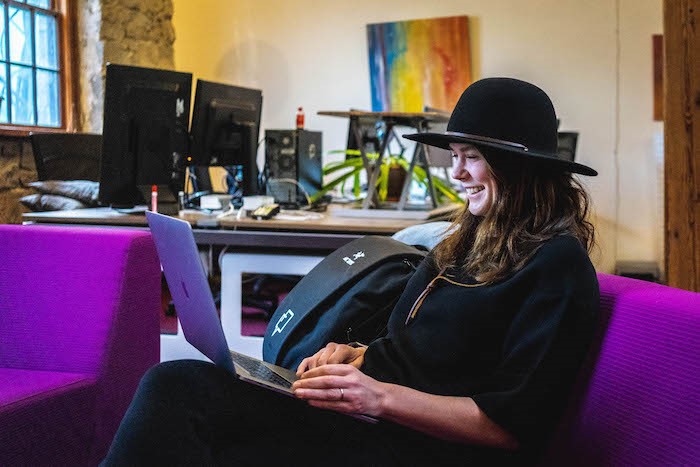
I understand you’re the Chief Operating Officer (COO) – what does that entail?
As COO, I have the privilege to work with our corporate development, finance, business intelligence, and marketing teams. So that’s the overarching organization, but in operations we generally care about how we do things. For example, a manufacturing company’s operations department cares about how you turn resources into an actual consumer product. We’re a technology company that builds software, so most of our resources are people – and of course a little code too. I care a lot about how people are organized, in what structure, and how they do their best work. I make sure that we can be efficient in what we do while also innovating, continuing to build new things, and moving forward.
In your mind, why is Thoughtexchange’s service valuable?
Oh, now you’re really going to get me going! Well, my career background is in driving change and growth in big multinational companies and in tech startups that are trying to change the world. We talk a lot about how to change organizations to respond to disruption, and about digital transformation in response to digitization. We talk a lot about changing the organizations, but we very rarely talk about how leadership needs to adapt to be able to drive that type of organizational change. Thoughtexchange is the first tool that I’ve ever seen that actually helps leaders to change the way they lead. The old paradigm is that the leader has the answers, makes the decisions, and then it’s a hierarchy; a few people on the top make the decisions for all the people at lower levels. I think that if our organizations are to truly change, we need to also change how we lead, and Thoughtexchange addresses that.
Can you provide an example?
Any change within a huge organization means people are going to react, right? And people react differently; you’ll have people who freeze, or who resist – it’s like the fight or flight or freeze scenario. Those are usually the three most common reactions to change: fight it by actively working against it, ignore it and do nothing, or even run away or quit. All of these impact an organization’s ability to actually change. There are a lot of change management practices, but as it turns out, one of the most important things for individuals is to feel included. They shouldn’t just be affected by the decision, but also be included in the decision process. Thoughtexchange actually allows this at scale; it allows leaders to hear the people in the organization, take their concerns into consideration, and make them truly part of the process. A common way of otherwise addressing this is, as I said before, holding a town hall – as in, “We’re going to make this change, everyone come and let us know what you think.” But not everyone feels comfortable speaking up in that kind of setting, and there are biases that come into play. Whereas Thoughtexchange lets you achieve the same or much better results, but without the bias.
What brought you to Thoughtexchange and the Kootenays?
I was actually here on vacation. We used to live out on the coast – in North Van for a while, and Whistler for a while, and then we were back in Europe for a couple years. I’m from Sweden originally. When we decided the time was right to move back to Canada, we started looking at houses on the coast, but they were incredibly expensive. Some friends recommended we look in the Kootenays; they said it was similar to what Whistler was like 10 – 15 years ago. So we planned a trip: a week in Nelson and a week in Rossland. On our first day in Rossland, we were sitting at the Alpine Grind Coffee House and my husband saw a logo on a door across the street that looked like it was for a tech company. It was weird to us – what’s a tech or software company doing in a town with only 3,000 people? So I looked them up, and it turned out to be Thoughtexchange, a company that completely aligns with my professional purpose. For five years prior I’d been professionally touring, speaking on driving change in leadership and leadership transformation. I was incredibly intrigued by the product – it really fit into the macro trend in society. And there I was stumbling across this impactful, relevant software product in a town that could actually offer me an incredible lifestyle. I’m a skier and mountain biker. I grew up in a small community and I’ve never really loved living in cities, even though that’s where you usually end up for professional development. Swedes are pretty pragmatic; we don’t often throw around phrases like “it’s meant to be” – we’re pretty logical. But still, it was definitely like the stars aligned.
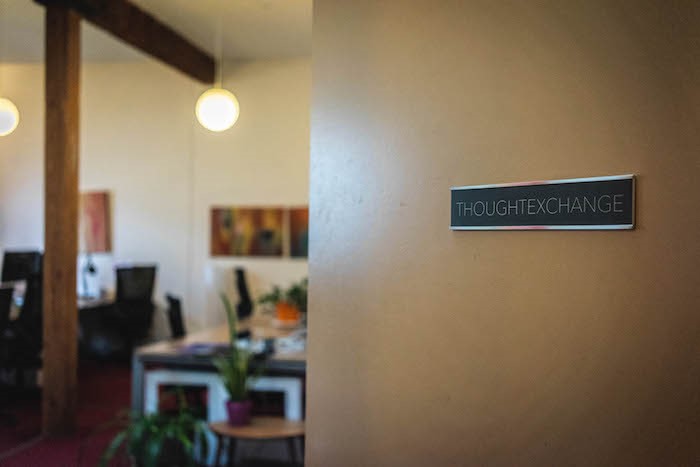
Thoughtexchange just raised $20 million – congratulations! How did you get there, and how will this investment impact the company?
Thanks; we just closed our Series B. There are a couple of things that need to be in place if you’re raising serious funding like this. First, your product needs to fit into a space that’s seeing some development on a macro level. The potential for the product to make an impact in the world has to be pretty significant. You also need to be somewhat mature when it comes to internal governance – that means being able to show up for institutional investors and be evaluated. We did a lot of work last year, focusing on internal metrics, internal reporting, and showing our company to the world. Our CEO Dave MacCloud and our Founder Jim Firstbrook obviously played a huge part in getting the company to where it is today.
We already have a product the market loves and we work with Fortune 500 companies – we just needed more rocket fuel for the sales and marketing engine. That will allow us to scale. Reaching more companies and selling more products will subsequently drive scaling in every other supporting function of the company. We’re also continuing to invest in R&D to make sure that the product is constantly evolving to be better. I think part of the benefit of being a software as a service company is that it’s easier to continuously improve the product.
Lastly, do you use or support any business resources in the region?
We do. We’ve had someone on the KAST board for many years; it’s currently Alex Chapple, our director of people, and prior to that our CEO David MacLeod was the board member. Regional initiatives were especially crucial for us when we were smaller; now, we’re hoping that we’ll be able to give back a bit by putting our people on the boards of these organizations. We’d like to use what we’ve learned to help smaller organizations make the same journey. I think it’s super crucial to send the elevator back down when you become successful – especially from a competence perspective. And I think it’s also very exciting that we’re seeing more tech companies being attracted to this region. I think there’s a macro trend supporting this; as I touched on before, I think people that live in places like Vancouver and Toronto are getting tired of spending their entire paycheck on overvalued homes and spending hours every day commuting to and from work.
I’m pretty certain that our model, with the opportunities for remote work, will help us continue to attract incredible talent. People are quite simple, right? All we want is to have a good life. We want to be challenged at work, to contribute and have a big impact, and we also want time with our friends and families – a valuable social life – and the ability to rest and recover. I think that life in big cities is starting to eat into the latter, but if we can create more jobs in communities like these, it will allow for higher overall happiness – like a gross happiness index.




